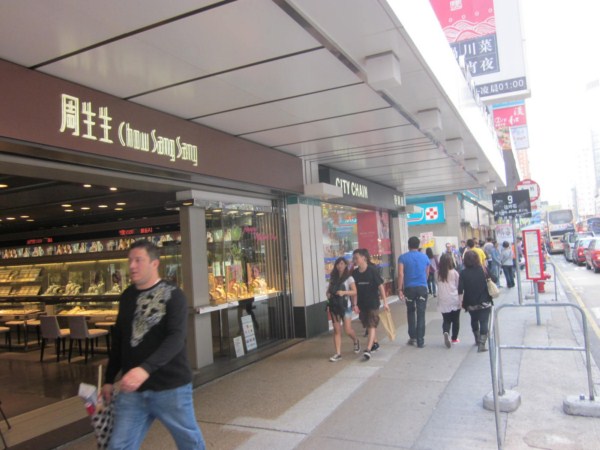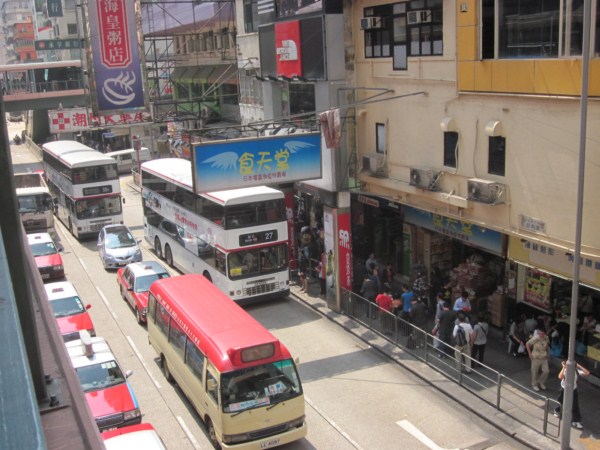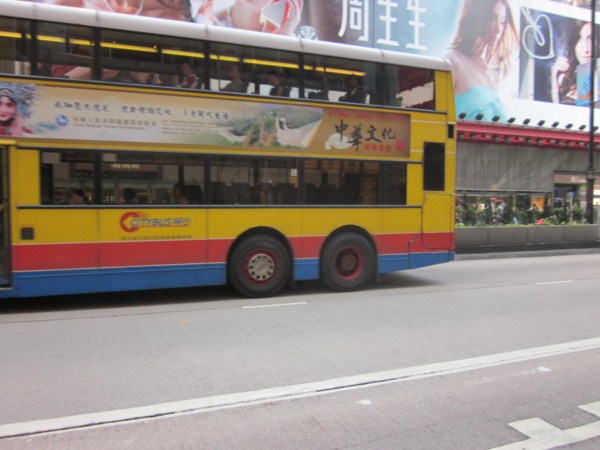CleanAirForAll.org
Ban Open Door Air Conditioning -
Contain Thermal Shock. Control Asthma & Allergy Trigger.
|
Home |
|
Killer Heat |
|
Air Pollution |
|
Sick from Thermal Shock |
|
Irresponsible Energy Use |
|
Counterproductive |
|
Greenhouse Gases |
|
Sick from Cold |
|
Worse to Come |
|
Ban it! |

|
|
In the summer, a Hong Kong pedestrian can be exposed to cold air conditioning from open store fronts,
hot humid ambient air and hot bus waste heat from road-side bus stops in the span of a few seconds. |
In addition, it can suddenly get even hotter hot when a bus pulls up or drives by. Hong Kong double decker buses blow waste heat at up to 36°C at the sidewalk at around head level.
Beyond discomfort, sudden changes in temperature and humidity is a trigger for serious conditions such as asthma, allergies and can make you more vulnerable to germs.
A University of Michigan study found that an ambient temperature change of 5.6C (10F) or humidity change of 10% leads to an increase in emergency room admissions of children due to asthma or allergy symptoms, such as congestion, headaches and dizziness. According to the National Association of School Nurses in the United States, asthma can be triggered by ambient temperature changes "such as going out into cold air, or coming in from the heat into cool air."
In a 2006 study on excessive air conditioning in Hong Kong buses, Dr Alvin Chan Yee-shing, a Medical Council and Hong Kong Medical Association council member, advises that going from a hot to cold environment can weaken your immune system and make it easier to get sick. "A big temperature change could cause a sudden contraction of blood vessels and affect blood pressure." "It weakens their immune system and makes it easy to catch colds."
Asthma and allergies are widespread, expensive, severe and lethal, all over the world.
In Hong Kong, 1 in 10 children suffer from asthma and up to 40% have an allergy. According to Dr Stephen Hui, Specialist in Paediatrics for Matilda International Hospital, this figure has been increasing for 10 years. details here. According to a study by the Chinese University of Hong Kong, the prevalence rates for asthma and respiratory symptoms such as wheezing has increased by 71% and 255% respectively for the 5 years since 1992 in Hong Kong school children. Likewise, the severity of their symptoms has also worsened.
|
|
By deliberately allowing cold air to escape into public, these merchants are creating a serious health risk and imposing it on the local population.
Don't let this happen to your neighbourhood. Click on the Like button below.
Home | Privacy| Terms of Use| About Us | Contact Us
CleanAirForAll.org © 2026

